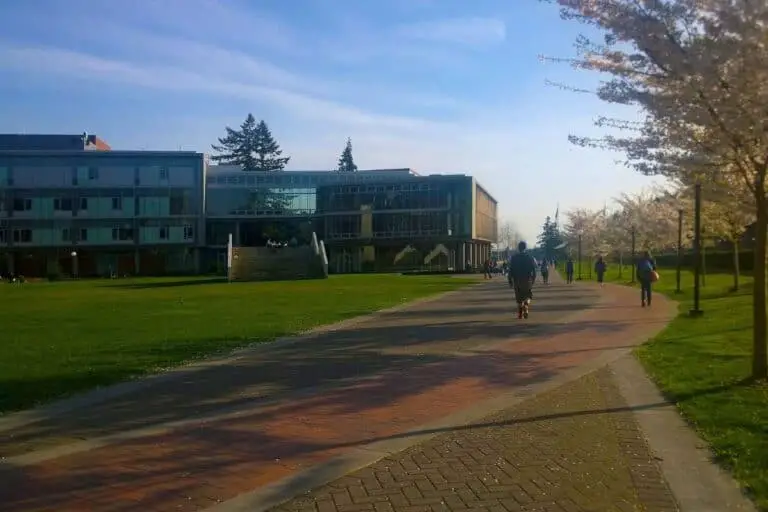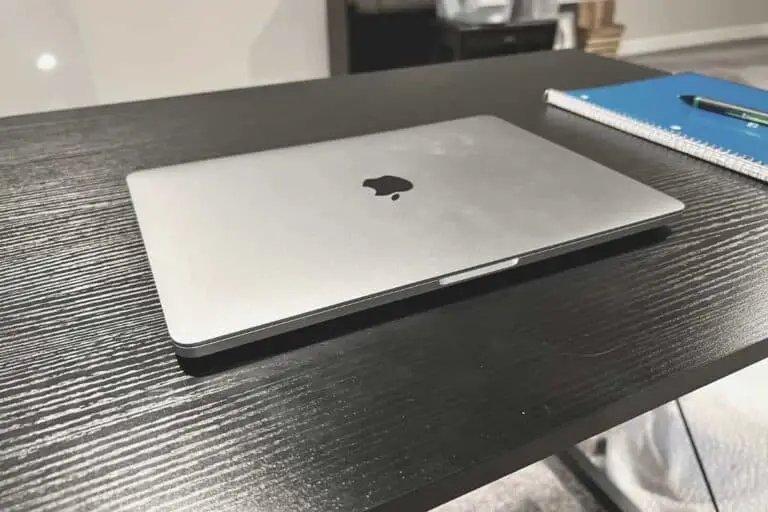Can My Professor Call My Doctor?
Doctors are required to adhere to the HIPAA Privacy Rule, which protects your privacy for health and medical information. Breaking the HIPAA Privacy Rule can bring a doctor serious consequences. However, there are a few exceptions where releasing your information is allowed, but it’s not always apparent where employers or professors fall regarding exceptions to confidentiality.
Your professor can call your doctor but your doctor would not be at liberty to provide information regarding your care, as this would violate privacy laws. A professor might be able to have a doctor confirm that a note was indeed from his practice, but this would be at the physician’s discretion.
In this article, I will shed some light on how much medical information your professor could be entitled to receiving. By the end, you should be able to determine if you have had a breach of your right to privacy or if everyone involved was HIPAA-compliant.

Can Professors Call To Verify Doctor’s Notes?
Educators and employers are within their rights to request a note from you for the purposes of attendance, sick leave, and accommodations that are needed.
Professors can call to verify a doctor’s notes if they have reason to doubt the validity of the note. The HIPAA Privacy Rule does not apply to professors, so they can call the doctor whose name is on the note and ask questions they feel are appropriate.
However, the Privacy Rule applies to your doctor and all other medical staff.
This means that any questions that extend past information about this specific note’s dates and signatures would not be answered.
The doctor or medical staff would be able to verify that the note was actually drafted and signed in their office on that day since this falls just beyond the scope of the HIPAA Privacy Rule. The questions that can be answered would be about the doctor and not you, per se.
If the question is limited to just whether this note was in fact written and signed by the doctor on a particular day, the professor might call and get it verified. The decision to disclose or not would be at the discretion of your doctor and their team.
If you are unsure and want to have a definite answer to whether your doctor would answer questions about the validity of a doctor’s note, the best way would be to contact them directly and ask.
The Consequences of Forging a Doctor’s Note
If you are in a situation where you have forged a doctor’s note, there are two sets of possible consequences if you are found out: at the university level and the federal level.
At the university level, you may face anything from a 0% on the attendance marks for the day in question all the way up to being expelled from the university.
Where your consequences fall on that spectrum will depend on the professor, the university’s code of conduct where you study, and whether this is a single offense or one of many. You are much more likely to be granted some leeway if this is not a pattern of behavior and you are in good academic standing.
If you find yourself in really big trouble at the federal level, the outcomes could just be a monetary fine or even jail time.
The federal penalties for forgery are outlined here. These are only likely to happen if you have been forging more documents than just one doctor’s note, but there is always still some risk that one forgery could result in a lifetime of consequences.
Can Professors Ask About Your Medical History?
Professors can certainly ask about your medical history, but according to the U.S. Department of Health and Human Services (HHS), your medical information is strictly confidential and protected by the HIPAA Privacy Rule.
To see the content of this law, here is an overview of the law as it is written.
While nothing is stopping your professor from asking about your medical history and treatment plans, your doctor will not be able to reveal any information. Unless you have given prior written authorization, you are the only person your doctor can discuss your medical information with, except in special cases.
Presumably, however, if your doctor has enough information that a phone call is even possible, you have probably presented a doctor’s note for an excused absence or other accommodations.
As I discussed earlier in this article, there is not currently a consensus for what is and isn’t confidential regarding doctor’s notes, so you may want to check with your doctor specifically to learn what the general protocol for notes is at their practice.
How To Know If I’ve Given Prior Authorization
When you fill out the paperwork at your initial visit with a doctor, one of the sections to be filled out is asking about other people you would like to authorize to access your medical history information.
Anyone that is written down will be able to call and ask about your treatment with that doctor. Usually, people will write down the names of parents or spouses here. Unless your professor’s name is written in this section, which is extremely unlikely, they would not be in a position to receive any information regarding your care.
Information Was Released Without My Prior Approval. What Can I Do?
Any time you have reason to believe that your medical history was wrongfully disclosed, that is a serious matter and should be pursued.
There are a few ways to file a complaint about a HIPAA violation. You can file over the phone, in writing, or online through the Office for Civil Rights (OCR) website. Filing a complaint online is the preferred method, as they are able to process the complaint faster.
Source: U.S. Department of Health and Human Services Office for Civil Rights
After your complaint is filed, the OCR will launch an investigation. If the OCR finds wrongdoing on the discloser’s part, corrective measures and settlements will be imposed.
Final Remarks
The conversation between your professor and your doctor should be very minimal if it occurs at all. There are laws in place to protect the confidentiality of your medical and health history. Your professor can have a doctor’s note date and signatures validated, so always be sure only to provide valid documentation for absences and accommodations.
If you have questions about doctor’s notes and confidentiality policies with your healthcare provider, it is always worth checking in with your health providers to avoid any surprises in the future.







